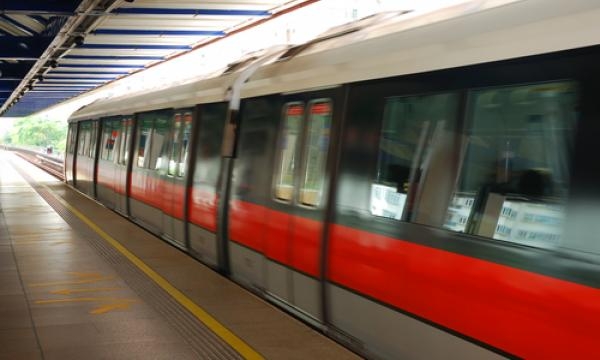
Just how bad were the more than 40 train disruptions reported in Singapore last year?
Operators brace for higher maintenance cost.
Year 2016 could be just as tough as last year for the land transport sector as train operators brace for increased prevention and maintenance costs, say experts. This is especially true for SMRT which reported first operating loss on train operations in 4QFY15 after having found responsible for Singapore's worst ever train disruption in July 2015.
RHB analyst Shekhar Jaiswal estimates that Singapore witnessed more than 40 disruptions to its Mass Rapid Transit (MRT) and Light Rail Transit (LRT) systems in 2015. While most disruptions occurred on the old MRT lines operated by SMRT, there were a few disruptions reported by newer MRT lines operated by SBS Transit , a subsidiary of ComfortDelGro.
The worst disruption in the history of the Singapore's MRT system was reported on 7 July 2015, when train service along the East-West and North-South lines (NSEWL) was fully suspended following intermittent power surges.
SMRT's share price plunge
OCBC Investmest Research Eugene Chua notes that a significant market overhang in SMRT’s share price was finally out of the way when LTA, on 23 Sep, concluded its investigation of the 7 Jul network-wide breakdown and fined SMRT S$5.4m. The Land Transportation Sector (LTA) identified maintenance lapses by SMRT as the key reason for a system-wide disruption.
Land Transport Authority (LTA), Singapore's transport regulator, reported that over 413,000 commuters were affected by the disruption, compared to 221,000 commuters, who were affected by MRT disruption in 2011.
Post-breakdown, SMRT’s share price plunged 16.2% from S$1.545 (7 Jul close) to S$1.295 (23 Sep close) on fear that LTA might impose the maximum fine of S$64m (10% of FY15 revenue) on SMRT during this period. However, with this concern lifted on 23 Sep, SMRT’s share price has since recovered 11.2% to S$1.440 (19 Nov close).
SMRT's reported first operating loss
According to Jeishwal, the LTA has also increased its oversight of SMRT and SBS Transit‟s maintenance processes with more frequent audits. In addition to the financial penalty, the frequent disruptions led to increased expenses related to preventive and corrective maintenance being undertaken by SMRT. This led to the operator reporting its first operating loss on train operations in 4QFY15 (Mar 15), followed by two successive quarters of operating losses.
Looking ahead
In 2016, Chua expects further increase in rail maintence-related expenses as a proportion of rail revenue. Added to the burden is the need to increase headcount in preparation of Tuas West Extension. Chua's outlook for SMRT remain muted while he expects CDG to continue to exhibit its key characteristic of stability.
























 Advertise
Advertise






